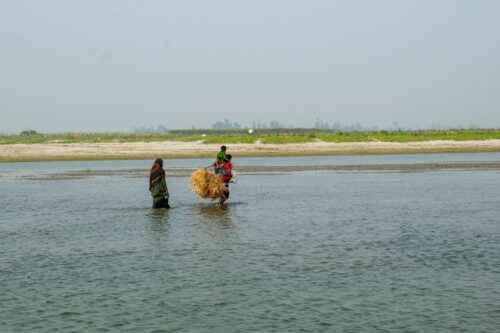U.S. Security Partnership and the Protection of Civilians in Nigeria
The factsheet on U.S. security partnerships and the protection of civilians in Nigeria is the product of a collaboration between Brown…
The factsheet on U.S. security partnerships and the protection of civilians in Nigeria is the product of a collaboration between Brown…
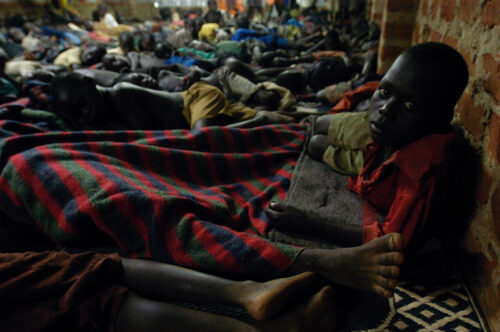
This report examines partnerships between international NGOs (INGOs) and local/national NGOs (L/NNGOs) in two complex, conflict-driven emergencies: Nigeria and South Sudan. It presents case studies that are one component of InterAction’s Risk II: Local Actor Partnerships project – an 18-month research study funded by the U.S. Agency for International Development Office of U.S. Foreign Disaster Assistance (USAID/OFDA).
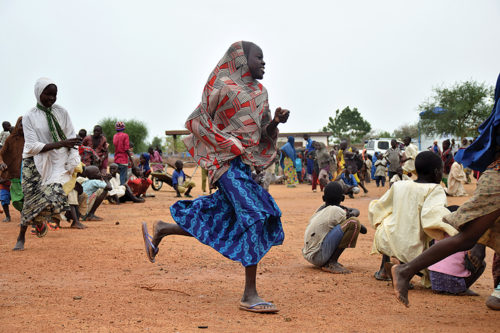
The U.N. refugee agency says thousands of Nigerian refugees are fleeing to Chad to escape a surge of violence in northeastern Nigeria’s Borno state.
Speakers explore the importance of language in humanitarian contexts.
“There was a feeling, from some NGOs that I spoke with but also some U.N. actors, that we kind of just went along with what the government was proposing,” said McIlreavy.
Despite all its problems, not all news from Niger is bad news.
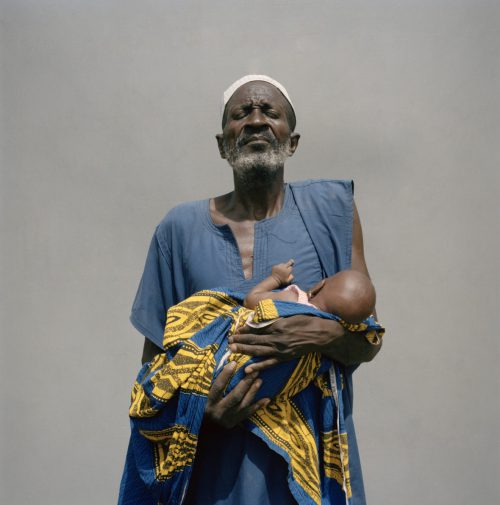
While Niger itself is at peace, conflict and epidemics in neighboring countries have spilled over into its borders.
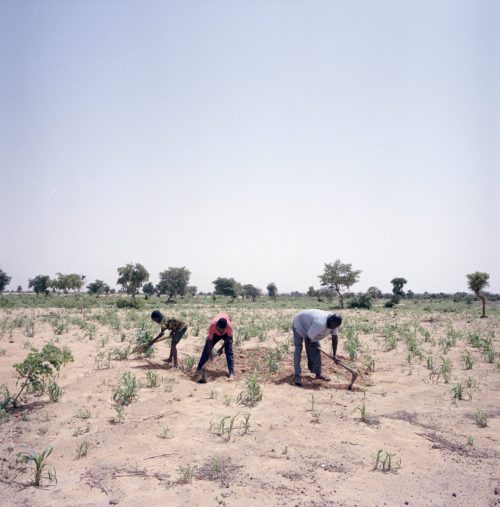
Non-governmental organization (NGO) coordination at every level of a humanitarian response is critical to ensure quality, accessible programming reaches conflict- and disaster-affected people.
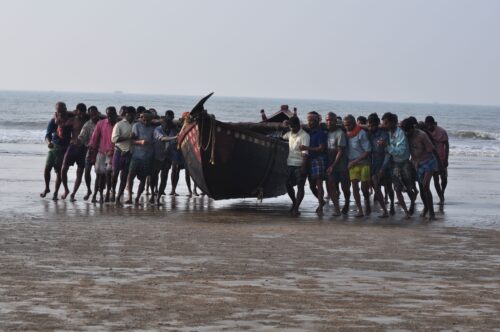
The brutal hostilities we are seeing in multiple conflicts around the world have exposed a terrible truth: We are living in an era of impunity. Attacks that kill or injure civilians, including humanitarian and health-care personnel, are devastatingly common. Yet despite widespread condemnation, serious violations of the rules of war too often go unpunished.
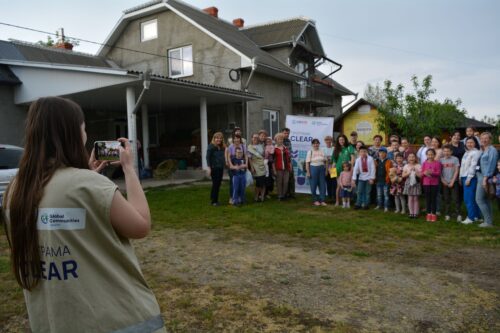
While humanitarian responses focus mostly on the emergency phase—like addressing lifesaving and immediate needs—addressing the impacts and risks of climate…
